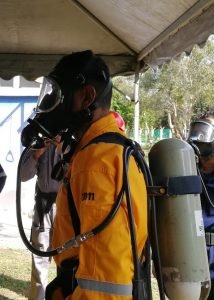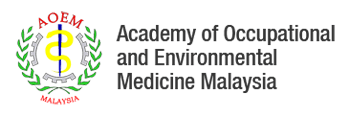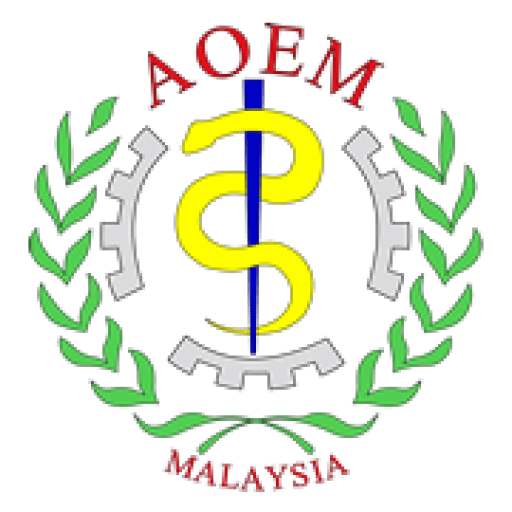
What is chemical poisoning?
We use many kinds of chemicals in our daily lives, whether at home or at the workplace. Some chemicals are less harmful than the others, but some chemicals can be very hazardous if not handled or managed properly.
All chemicals must be managed responsibly, right from the early stage of purchasing, storage, usage and later, disposal.
Chemical poisoning occurs when our bodies are exposed to unsafe levels of hazardous chemicals. This results in either short-term effects (also called immediate or acute effects) or long-term effects (also called chronic effects).
How does chemical poisoning occur?
- Unsafe work methods
- Unsafe handling of chemicals
- Not knowing the type of chemical used or the chemical content
- Mixing of incompatible chemicals
- Not using the correct personal protective equipment (PPE)
- Improper chemical storage
- Using the wrong type of container for chemicals
- Storage of chemicals without adequate ventilation
- Improper storage and arrangement of incompatible chemicals
- Improper packaging or bottling of chemicals and inadequate labelling
- Irresponsible waste disposal
- Not segregating hazardous waste from non-hazardous waste
- Illegal dumping of waste into landfills, rivers, lakes or seas
- Exposure from other environmental source, e.g., landfills
How can people become exposed to hazardous chemicals?
- From skin and eye contact
- Inhaling vapour of hazardous chemicals
- Swallowing hazardous chemicals: may happen when hands or foods are contaminated, and chemicals are ingested
- Drinking water or eating food contaminated with hazardous chemicals
What are the signs and symptoms of chemical poisoning?
During or immediately after exposure to dangerous concentrations of certain chemicals, the following signs and symptoms may develop:
- Watery eyes
- Burning sensation on the skin
- Rashes or redness of the skin
- Burning sensation in the nose, throat, and eyes
- Coughing
- Chest tightness
- Dizziness
- Difficulty in breathing
- Nausea and vomiting
Who are at risk?
Risk of exposure is high for:
- Public at the affected area especially children, pregnant women and the elderlies
- Emergency responders – police, bomba, healthcare workers
- Volunteers at site
What to do if you suffer from chemical poisoning?
- Leave the area where the chemicals are released and get to fresh air
- If a harmful substance has splashed onto skin or clothes, remove the contaminated clothing, shower and wash the affected area thoroughly with plenty of water
- Keep the contaminated clothing in a thick plastic bag and dispose of it properly
- If your eyes are burning or your vision is blurred, rinse your eyes with plenty of plain water for 10 to 15 minutes
- Arrange for immediate medical attention
- Protect yourself and the victim from further exposure during decontamination and treatment
How to protect from chemical poisoning?
- Stay away from the affected area and follow the advice of the authority
- Practice good personal hygiene. Regular and frequent body showering or rinsing is advisable.
- In an area where there is a chemical spill, avoid using well, river and underground water for drinking, cooking, washing or bathing
- Use the correct Personal Protective Equipment (PPE). Only people who are properly trained should use PPE.

- Surgical masks and N95 respirators for dust particles do not protect you against hazardous chemical exposure
- When entering an area with unknown type and amount of hazardous chemicals released, the most appropriate PPE is a Self-Contained Breathing Apparatus (SCBA).
- Use of respirator with cartridges even with the correct cartridge may not offer the protection needed
- Proper chemical suit or gown should be used to protect the body
Where do I get more information? How do I keep up to date with the latest news updates?
- DO NOT rely on information from forwarded e-mails/text messages/Whatsapp messages/Facebook posts from unauthorised sources
- Stick to official statements from the relevant government ministries/departments e.g. Ministry of Health (MOH), Department of Environment (DOE), Department of Occupational Safety & Health (DOSH)
- Media such as mainstream newspapers, television news programmes
- Official websites such as www.moh.gov.my, www.dosh.gov.my or www.doe.gov.my
- Be responsible: DO NOT forward fake news, messages or photos received from unapproved sources
Prepared and published by the Academy of Occupational & Environmental Medicine, Malaysia (AOEMM); 13th March 2019.

